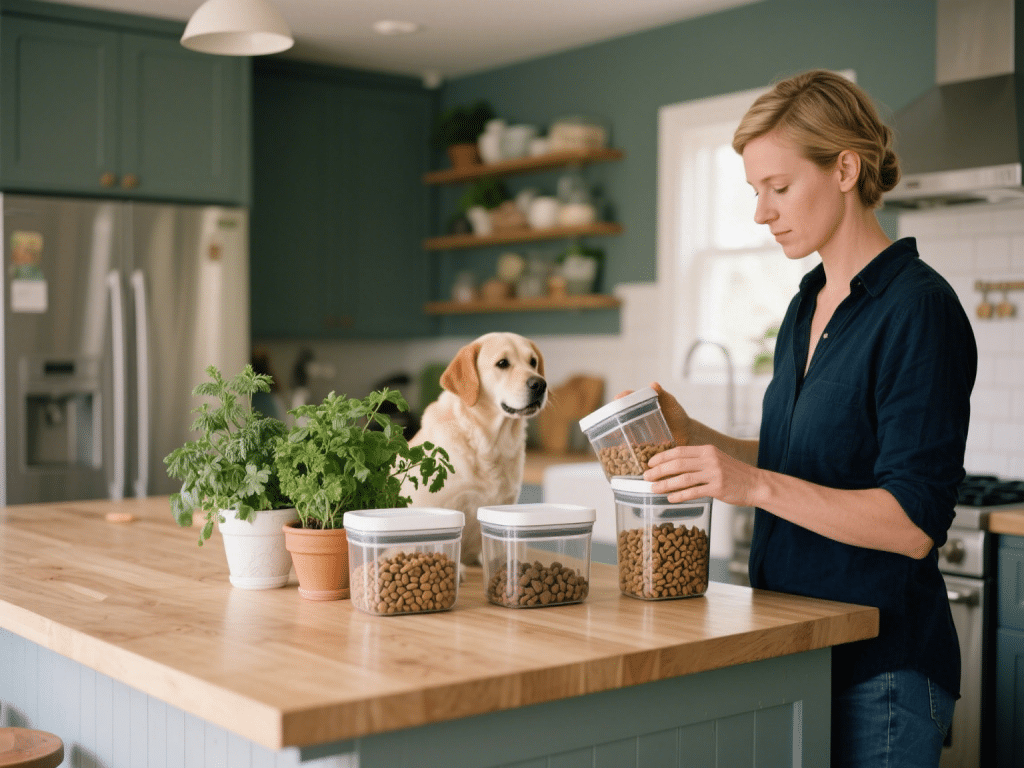
Choosing the Right Bedding for Guinea Pigs: Comfort and Hygiene
IntroductionProper bedding for guinea pigs is essential for comfort, respiratory health, a...

As a lifelong environmentalist and pet nutrition blogger, I’ve researched sustainable feeding practices that cut waste, lower costs, and maintain optimal pet health. Every pet owner can implement small changes that collectively make a big impact on our planet—and your wallet.
Use a Gram Scale: Measuring by weight prevents overfeeding and reduces leftover kibble.
Daily Meal Planning: Divide total daily ration into multiple small meals to match your pet’s appetite cycle.
Airtight Containers: Preserve freshness and reduce spoilage; choose BPA-free, food-grade bins.
First-In, First-Out Rotation: Label bags and containers with opening dates; use oldest stock first.
Batch-Cooked Treats: Freeze pureed vegetables or lean meats in silicone molds for portioned snacks.
Broth Rescue: Boil vegetable peels and meat trimmings to strain, chill, and mix into dry food for added palatability—reduces waste and boosts hydration.
Cost Savings: Larger bags often lower unit cost; split bulk purchases with trusted neighbors or rescue organizations.
Local Co-ops: Join pet food co-ops to access sustainably sourced, high-quality ingredients at reduced prices.
Food Logs: Track consumption vs. leftovers; adjust portions monthly based on body condition and activity.
Eco-Friendly Brands: Support companies with minimal packaging and transparent sourcing—look for recyclable or compostable bags.
By integrating precise portioning, smart storage, creative repurposing, and community purchasing, you’ll minimize pet food waste and foster sustainable habits. These practices not only benefit your budget but also contribute to a healthier planet for all of us.

IntroductionProper bedding for guinea pigs is essential for comfort, respiratory health, a...

IntroductionRabbits require a clean, dry environment to stay healthy. Regular cleaning of ...

IntroductionDogs cannot verbalize discomfort, so they often mask pain to appear functional...

IntroductionProfessional grooming can be expensive. With a few inexpensive tools and simpl...

Fun and Safe Outdoor Adventures for Your Dog: Unleash the Joy ResponsiblyTaking your dog o...

IntroductionCatnip (Nepeta cataria) is a member of the mint family known for its euphoric ...
Comments on "Sustainable Pet Feeding: Reducing Food Waste and Saving Money" :